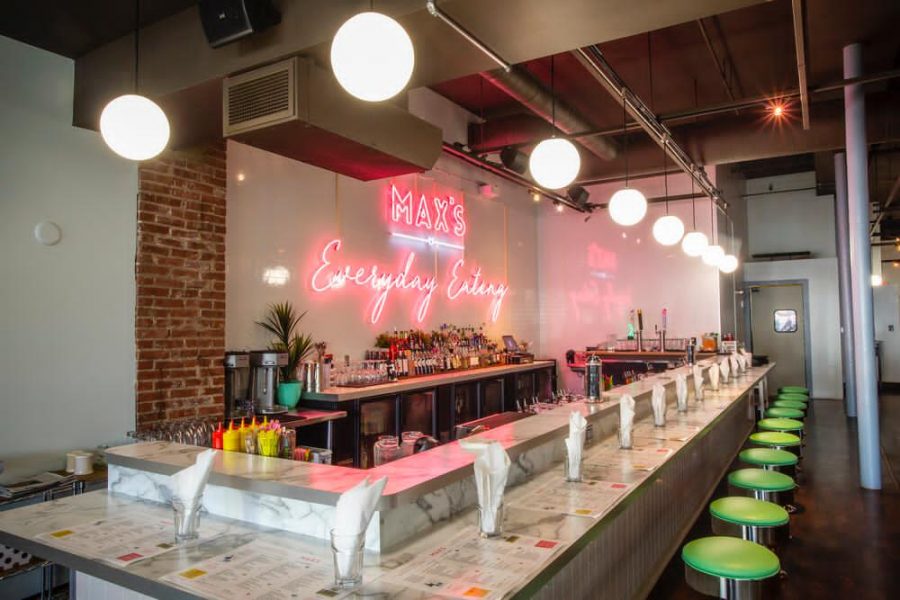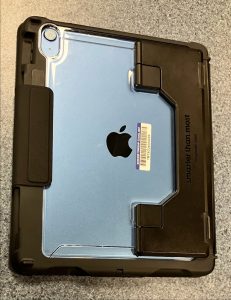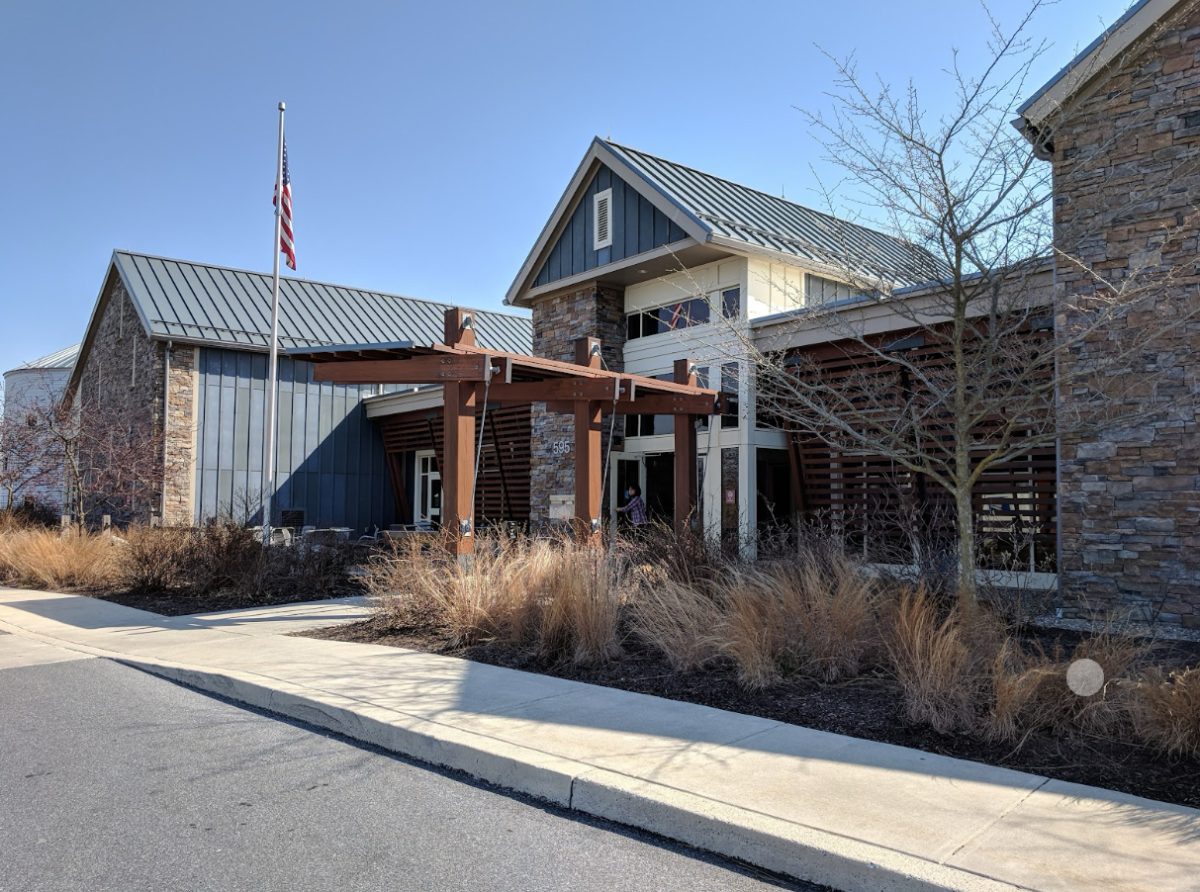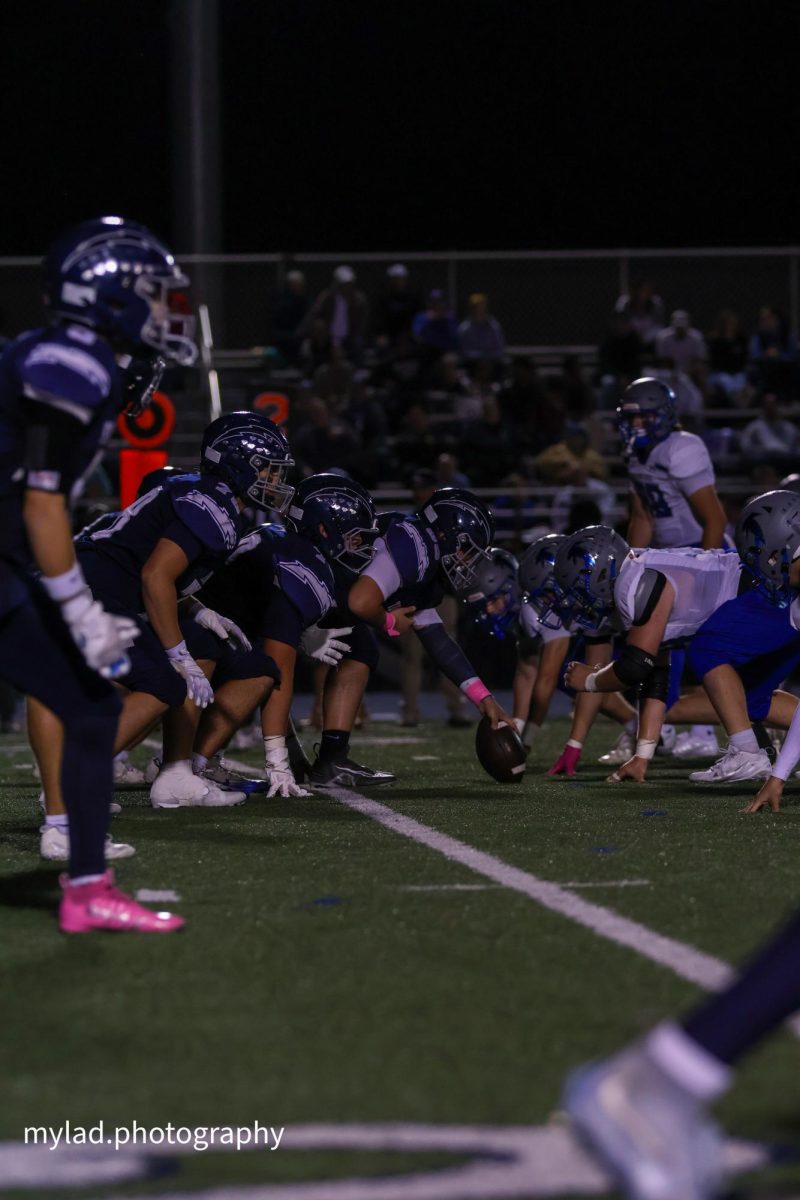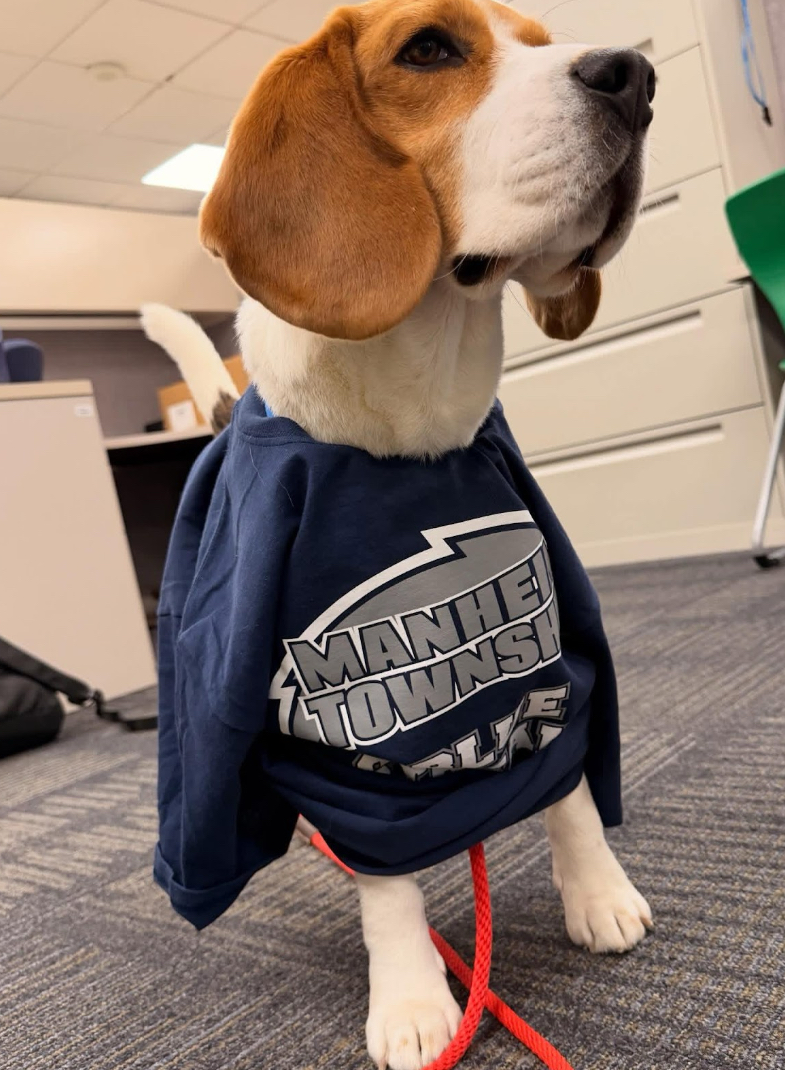Local businesses struggle, adapt, and thrive during pandemic
April 10, 2021
More than a year has passed since the COVID-19 pandemic first began. The effects of this virus over the past 12 months have been far-reaching, affecting hundreds of countries and killing millions. Within our community, small, locally owned businesses have been among the hardest hit. Unlike their larger counterparts, like Amazon, Costco, and Walmart, small businesses didn’t have as many resources and have struggled to stay open. Local stores and restaurants rely heavily on the support of their community, but during a time when many people were scared to leave their homes, their business suffered.
“The beginning was definitely scary; I think there was so much uncertainty, and a lot of places were shutting down–a lot of big places too. … It wasn’t just central markets or small businesses. … So we knew that with being a small business, it would affect us more than a Walgreens or a Whole Foods,” says Senior Madi Capizzi. Her family runs Thom’s Bread, a local bakery in Lancaster, and they were put in a difficult situation when the pandemic hit. Thom’s Bread was forced to shut down their cafe and focus solely on distributing bread to other stores. When they felt that they could begin to safely sell again while not putting people in danger of catching the virus, they also began to offer curbside pickup.
“We’re still curbside, and I think [Thom’s Bread] plans to be for a while now. I know a lot of places are opening up, but we’re just not at a spot to risk that,” she says.
Other businesses, like Max’s Eatery, have had to overcome many challenges that COVID-19 has thrown at them.
“As a restaurant, we have really had to stay on top of what all the local, state and federal rules are for operating,” says Meg Titter, who owns Max’s Eatery along with her husband, Matt Titter.
These rules range from how close tables can be to if the business is even allowed to have customers inside at all. One of the biggest parts of running Max’s Eatery during COVID-19 was just staying informed and up-to-date about what they needed to do to keep everyone safe.
To the Titters, it was very important that their employees continue to be paid well even amidst the pandemic. “The other really big challenge for us has been making sure that our employees are taken care of, because we wanted them to be healthy, not in danger of getting sick, and we also needed to make sure that they were making enough money,” says Meg.
Servers make a majority of their money from tips, and during a time when very few people were eating at restaurants, their income took a plunge. The Titters made the decision to increase their employees’ salaries to make up for the loss of these tips. This allowed the employees to continue to work, and as a result, the restaurant could stay open.
Max’s Eatery also made other changes, like offering takeout and delivery services to their customers, as well as changing the way their food is packaged. They now have their own drivers who deliver meals to customers, something they did not previously offer.
It’s not just restaurants, however, that are being hit hard. Other small businesses, like clothing stores, boutiques, and gift shops have had to adapt as well. Even before the pandemic, Kristen Snyder, the owner of Sophie Stargazer Boutique in Lancaster City, had no employees and was running the business completely by herself. When the world went into lockdown, she quickly had to figure out how to safely and effectively keep her business running.
“So typically our message had really been ‘come in our store’, but we’ve had to change that messaging to [a] more broad audience, to capture more people, because we don’t have as much tourism going on. So it’s more about redirecting to the website versus the brick-and mortar-necessarily,” she says.
Social media has also played a big role in encouraging people to continue to buy from her store. Snyder has been active on social media, sharing products on her Instagram story as well as doing live streams. She just started with TikTok too.
These businesses are all important parts of our community, and it is critical that people support them, especially now during this time of crisis. Buying from small, local stores strengthens Lancaster’s economy and builds a better community to live in.
When people shop small, the money spent stays inside the community instead of distributed to big box stores. “So for example, I’m a small business owner; when you shop with me, not only are you keeping something existing in Lancaster for locals and tourists, but it pays me, which means I get to go eat at our great local restaurants and support them, I get to shop at our market, Central Market, and Lemon Street Market, and be able to support local growers and local makers,” Snyder says
Instead of purchasing an item at a huge corporate store, where one sale will make a smaller impact, buying that same item at a small business in Lancaster will allow the money to be ‘recycled’ and invested back into the community.
There are also a lot of extra costs that come with buying from a large chain store. “When you have something shipped from far away, there’s a lot of hidden costs [regarding] the actual transportation of it, the number of people who have to be involved in getting that item to you, and the amount of natural resources that are eaten up,” says Meg Titter.
When buying something locally, one can pick the item up themselves and eliminate all of these extra costs that will empty their bank account and harm the environment, while showing support for local businesses.
MT students are conscious of these small businesses and of the importance of buying from them. “When you buy from a local business, you’re showing that you support what that person is passionate in, and you’re also supporting your community,” says Freshman Sabrina Hess. “And especially now, when these businesses have been struggling so much, it’s really important that you show them [your] support; not only so they can keep in business but also [so] they know they’re appreciated.”
However, shopping small doesn’t just have an effect on the business; it can also have a positive impact on the buyer as well.
“It can also affect you, it doesn’t just have to affect the person you’re giving money to. Just supporting small businesses, going to markets, going here, going there. … You make friends, you make connections that you have forever,” says Capizzi.
The experience at a local business is typically much more meaningful and personal than shopping at a large store like Target or Walmart. When shopping small, it is not unusual to meet and interact with the owners themselves, as well as meeting other customers who want to support small businesses too.
“It’s not just about a sale the same way that big box stores are. We want our customers to be our customers not just one time [where they] buy that one thing and [the business] sells a lot of stuff; we want customers to come back and talk about how much they love us and tell their friends and come back with their friends,” says Snyder.
When people shop locally, they tend to get much better customer service and individual attention that makes for an altogether better experience.
Students like Hess and Capizzi also comment that they feel better about the quality of the product they buy at a local store rather than from a large corporation where the item was probably made in a factory on the other side of the world. When buying from a small business, not only do the customers know exactly who their money is going to, but they also know directly where the item came from.
“I end up liking what I buy from local stores a lot better than if I go to a big corporation,” says Hess.
There are lots of ways for students to begin supporting local businesses, and it isn’t nearly as hard as it may sound.
It can seem overwhelming to suddenly start buying everything from a local store, but it doesn’t have to be. Snyder suggests that people should start small–they don’t have to change all of their shopping habits at once. Before going straight to bigger stores for an item, try finding it locally first.
For example, if a friend’s birthday is coming up, maybe take a look downtown and try to find something for them there before heading to Amazon.
“I would say, pick a day when you have a few hours, and just come downtown and walk around and see what’s there,” says Titter. “Because even during all of this craziness and all of the pandemic stuff going on, new businesses have been opening.”


